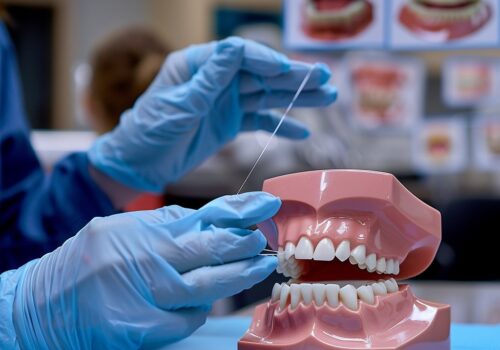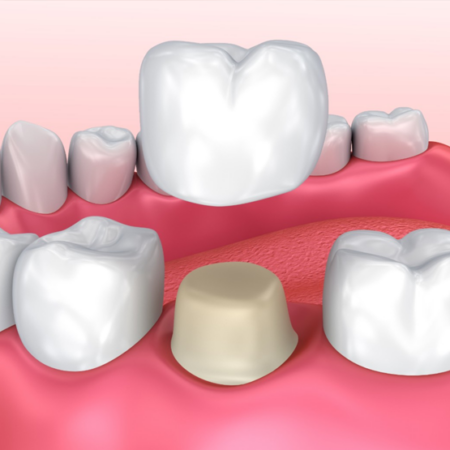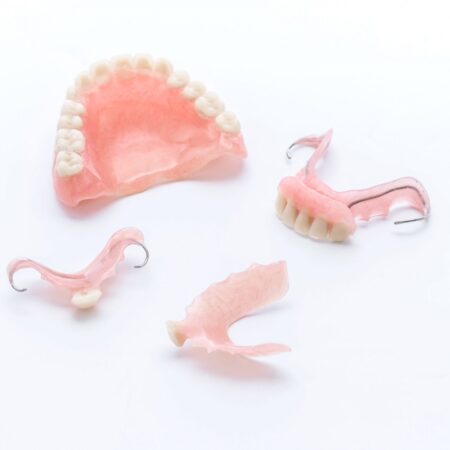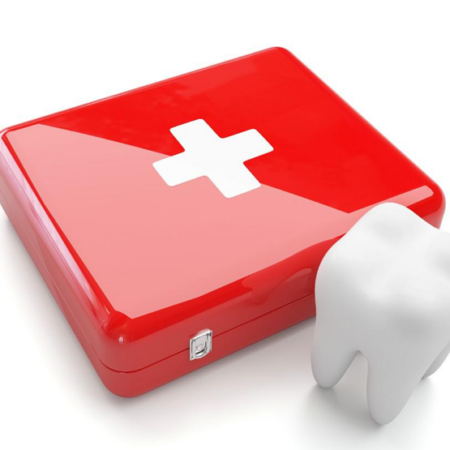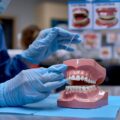How To Become an Oral Surgeon: A Step-by-Step Guide

Oral surgeons are healthcare professionals trained in both the dental and medical fields. They perform complex surgeries and treat a variety of medical conditions. Learning more about the career could help you decide if this pathway is right for you. In this article, we explain what oral surgeon is, what they do, their average salary, the job outlook, and the steps you can take to begin your career.
What is an oral surgeon?
An oral surgeon, also called an oral and maxillofacial surgeon, is a medical professional who specializes in mouth, head and neck healthcare. They solve complex oral health issues and can perform reconstructive surgery for the face and jaw. They can work in a variety of healthcare environments, including:
- Emergency rooms
- Private practices
- Public health clinics
- Dental clinics
- Hospitals
What does an oral surgeon do?
An oral surgeon performs surgery and treats illnesses and injuries related to the mouth or face. Their daily responsibilities can depend upon their specialty and practice location. Common duties include:
- Extracting damaged or impacted teeth
- Performing surgical treatments for the jaw
- Repairing cleft palates
- Performing cosmetic procedures for the chin or face
- Providing dental implants
- Removing oral tumors
- Treating infections of the neck, jaw, or mouth
- Performing bone grafting and reconstructive surgery
How to become an oral surgeon
If you are interested in becoming an oral surgeon, consider following these steps:
1. Earn a bachelor’s degree
The first step in becoming an oral surgeon is earning a bachelor’s degree in a relevant field. Most dental schools require a certain number of science classes, so consider taking science courses. Possible majors can include:
- Pre-dentistry
- Biology
- Chemistry
- Physics
- Biochemistry
- Mathematics
2. Pass the dental admission test (DAT)
Before entering a dental school program, professionals must take the dental admission test and earn a passing score. This is a computer-based test that evaluates a student’s basic understanding of science, reading comprehension and critical thinking.
3. Apply to dental school
After passing the DAT, students can apply for a four-year dental program. Each school’s admission requirements can vary, but they typically include:
- Completing a certain number of undergraduate science courses
- Earning a passing DAT score
- Answering questions during a personal interview
- Completing an application questionnaire
4. Earn a dental degree
Oral surgeons need to have a four-year dental degree from an accredited dental school. During dental school, students study medical theories and practice clinical treatments. The first two years focus on general science, anatomy and dentistry. The last two years include more clinical experience and specialized electives. Oral surgeons may be able to take electives in oral surgery or radiology depending on their dental program.
5. Complete medical degree or training
After graduating from dental school, oral surgeons need four to six more years of medical study. They can apply for a residency program where they study and practice surgery for at least four years. Alternatively, they can join a training program where they earn a medical degree and complete their oral surgery residency at the same time. This takes at least six years, and students graduate with both a dental and medical degree.
6. Obtain licensing and pass the board exam
After completing their residency programs, oral surgeons must earn a state license. Each state sets its own guidelines, but this typically involves taking a two-part exam with a multiple-choice component and a practice portion that tests a student’s technical skills and knowledge.
Important skills for oral surgeons
Communication
Oral surgeons need strong communication skills to work with patients and a healthcare team. They need to explain complex medical concepts to patients so that patients can understand their condition and surgery plan. Oral surgeons also communicate with doctors, dentists, and other healthcare professionals to discuss a patient’s case and treatment plan.
Also, read / Endodontist vs. Periodontist: What’s the Difference?




